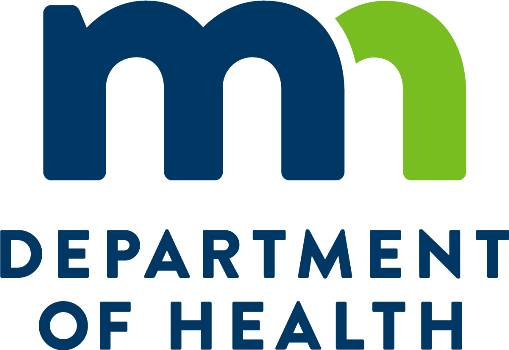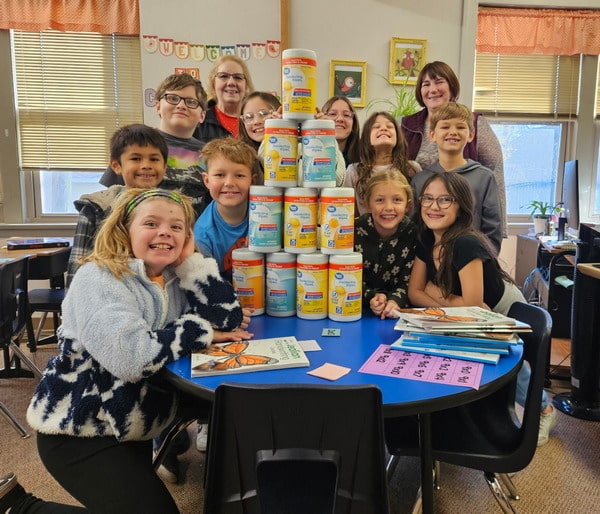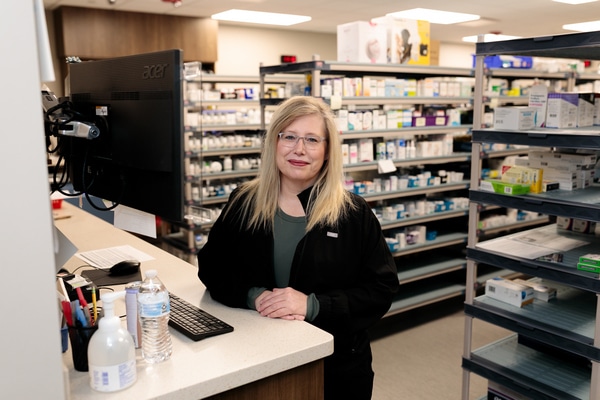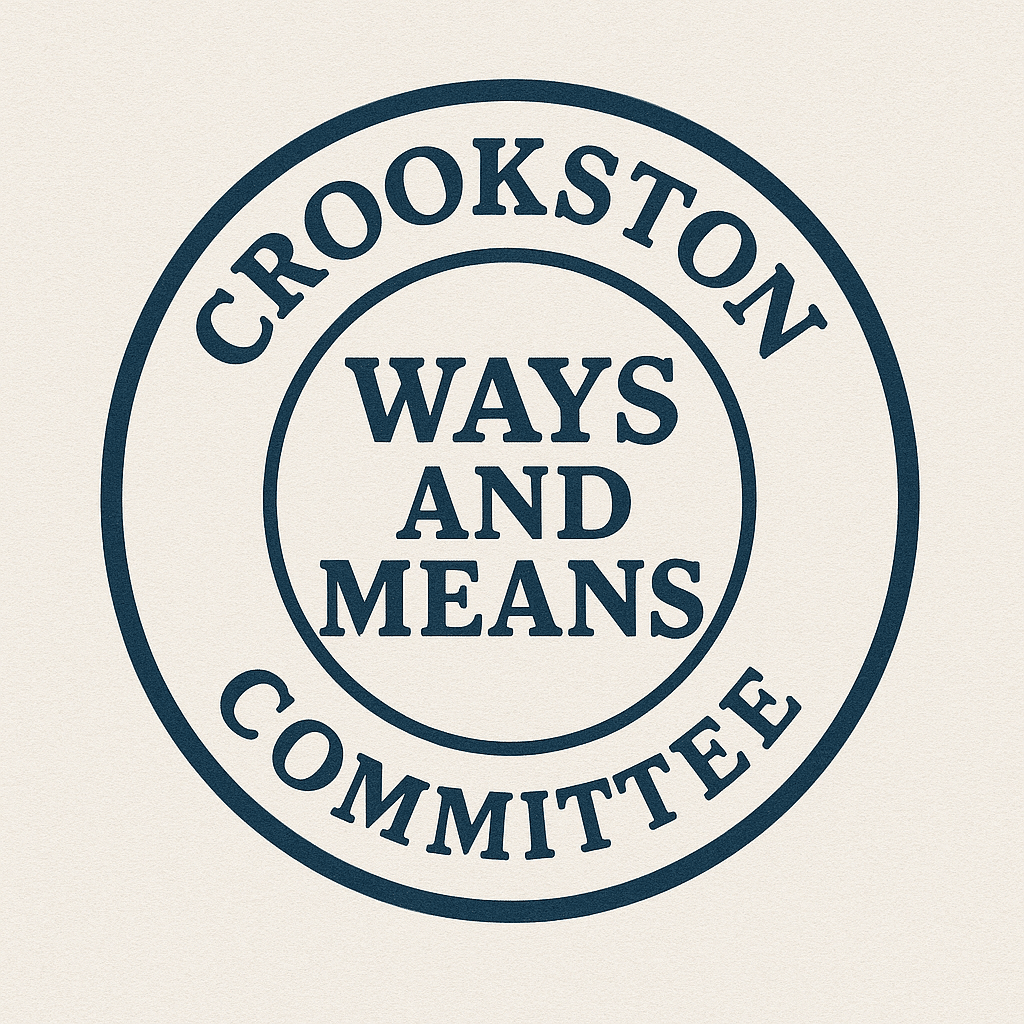The Minnesota Department of Health (MDH) today announced a series of community-level strategies to help slow the spread of novel coronavirus in Minnesota communities. With a total of 14 cases of travel-associated COVID-19 now confirmed in Minnesota, health officials urge swift action to limit the spread of the infection and reduce its impacts on our communities and our health care system.
The broad set of recommendations will remain in place until further notice, and touch on many aspects of society, including families, faith-based organizations, employers, assisted living facilities, schools and health care settings. Each strategy is designed to make person-to-person transmission less likely by reducing the close-contact interactions (interactions with others within 6 feet for 10 minutes or more) that tend to result in passing along the illness.
The full set of recommendations is available on the MDH Coronavirus Disease (COVID-19) website. Key items on the list include:
- Event organizers canceling or postponing gatherings with 250 or more people, including concerts, conferences, professional and amateur performances or sporting events.
- Event organizers canceling or postponing smaller events (those with less than 250 people) that are held in settings that do not allow social distancing of 6 feet per person.
- Event organizers limiting attendance to no more than 10 people for events where the majority of participants are at higher risk for severe illness from COVID-19.
- People and families at higher risk of severe COVID-19 illness staying at home and avoiding gatherings or other situations of potential exposures, including travel.
- Employers making telework arrangements for workers whose duties can be done remotely.
- Employers staggering work schedules and limiting non-essential work travel.
- Health care facilities and assisted-living facilities more strictly limiting visitors.
- Faith-based organizations offering video or audio events.
- Hospitals and other health care facilities implementing triage before entering facilities (for example, parking lot triage, phone triage, and telemedicine to limit unnecessary visits).
The Minnesota recommendations include school-specific guidance for limiting close-contact interactions. However, consistent with guidance from the Centers for Disease Control and Prevention (CDC), MDH has not recommended that K-12 schools close unless specifically advised to do so by health officials. However, as the situation evolves there may be points where specific or broad closures would be ordered. Parents of children and teens with underlying health conditions should consider distance learning as a precaution.
Shopping for groceries and other items is not affected by these recommendations, although it is a good idea to limit close contact when doing so – and people who are sick should not be shopping or using transit. They should stay home until they recover.
The recommendations to avoid mass gatherings do not pertain to normal operations of airports, bus and train stations, medical facilities, libraries, shopping malls and centers, or other spaces where 100 or more people may be in transit. Even so, people in high-risk categories (the elderly and those with underlying medical conditions) should consider limiting such activities.
According to Minnesota Commissioner of Health Jan Malcolm, these recommendations show that every Minnesota resident and organization has an important role to play in protecting our state from the risks of this disease.
“We know these strategies will impact the lives of all Minnesotans, but we are hopeful we can reduce the impacts of this outbreak by working together,” Commissioner Malcolm said. “All Minnesotans share the risks and the responsibilities now.”
“For everyone, the responsibility first and foremost is to stay home when you are sick,” Commissioner Malcolm said. “I want to make it clear that this applies to everyone – no exceptions during a serious outbreak like this. For communities and organizations, the responsibility means making temporary adjustments to events, operations and activities to help make person-to-person transmission less likely.”
Since the outbreak started in December 2019, more than 134,000 cases and 4,967 deaths have been reported worldwide. That includes 1,701 U.S. cases and 40 deaths as of this morning.
The virus that causes COVID-19 is spread primarily by respiratory droplets when an infected person coughs or sneezes, similar to how influenza spreads. It can also spread when people touch contaminated surfaces and then touch their eyes, nose or mouth. More information can be found on MDH’s Coronavirus Disease (COVID-19) website. MDH has set up a COVID-19 public hotline that is open 7 a.m. to 7 p.m. The hotline number is 651-201-3920.
Tags:



